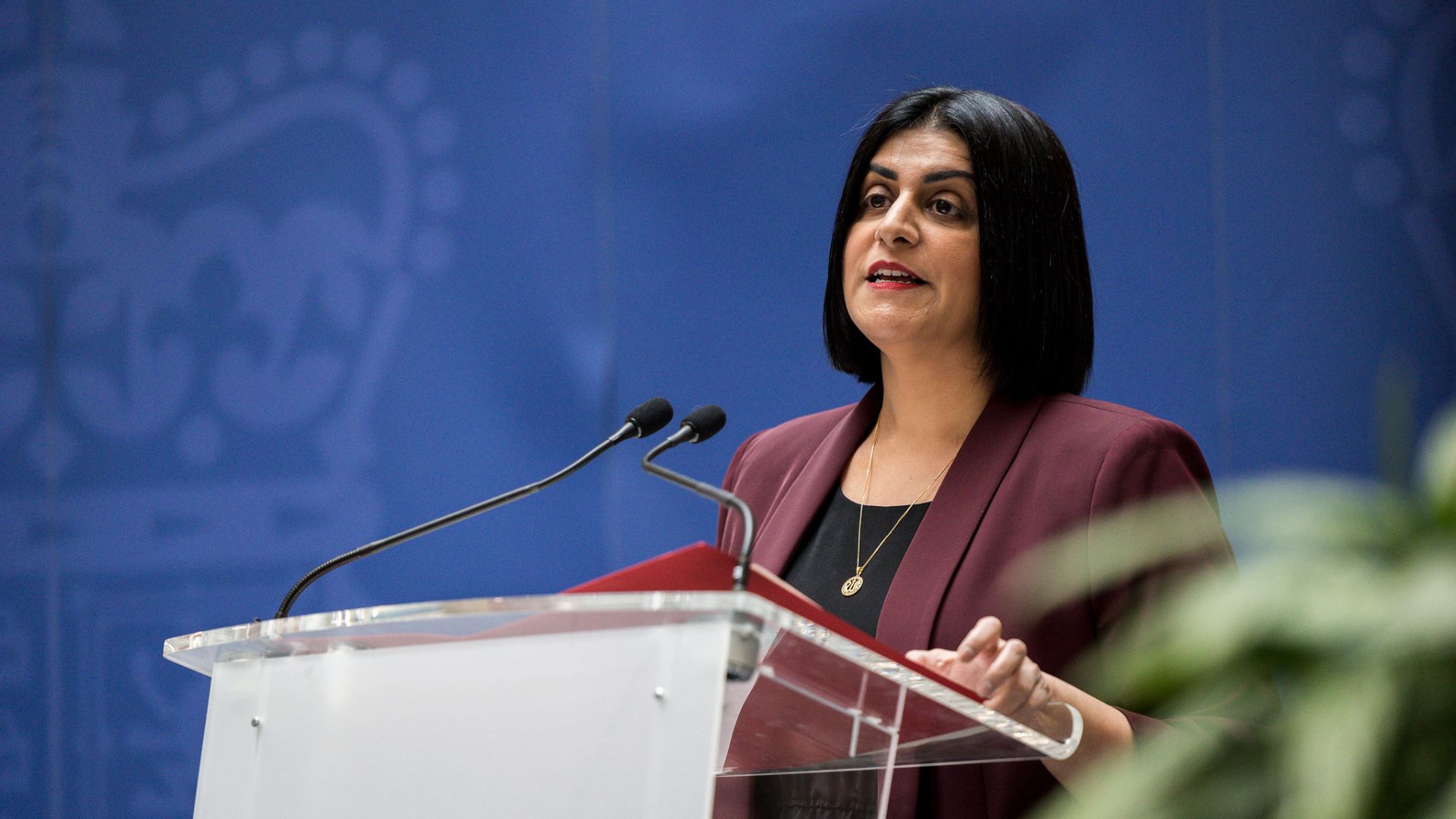Twenty years ago, I arrived in the UK after surviving torture. My journey from central Africa took seven months. I had almost nothing with me, but I still had my life even if it seemed to be shattered. Through specialist therapy at Freedom from Torture, I slowly started to put the pieces of back together. And later, I began to support others who’d survived similar horrors.
Now, the government wants to make life even harder for people like me. Under the new proposals announced earlier this week, refugees, including torture survivors, will only be granted temporary protection status of two and a half years. With the intention of returning anyone whose country is, at the point, considered safe, the Home Office will be repeatedly reviewing these. Permanent settlement will, for most refugees, take 20 years.
Read more:
- Being a survivor of torture in the UK is hard – but writing gave me back my boldness and courage
- ‘It’s changed our life’: These modern slavery survivors are finding hope at Christmas through music
- Shabana Mahmood’s asylum crackdown is enough to make Scrooge blush – but it’s not too late to change
People who have made their homes here, found a secure job or started a business, are supporting their children through their GCSEs will now live in constant terror that the roots they have laid will be torn up.
These reforms will punish people who’ve already lost everything. Refugees’ lives are already shaped by trauma and the constant struggle for stability. We know recovery depends on feeling safe, but temporary protection means you can never fully settle. Every couple of years, survivors will be forced to relive the horrors they endured and face the very real prospect that they’ll be sent back to the hands of their torturers. That constant threat, knowing that your life here can be undone at any moment, is psychologically devastating. And it will keep people trapped in limbo.
Perhaps one of the most cruel changes is that family reunion will become almost impossible for most refugees. For many survivors, the hope of being with their loved ones again is the only thing that keeps them going and when that hope is realised, family unity becomes an essential building block to their recovery. Imagine not knowing if you will ever see your partner or children again and having no power to bring them to safety?









